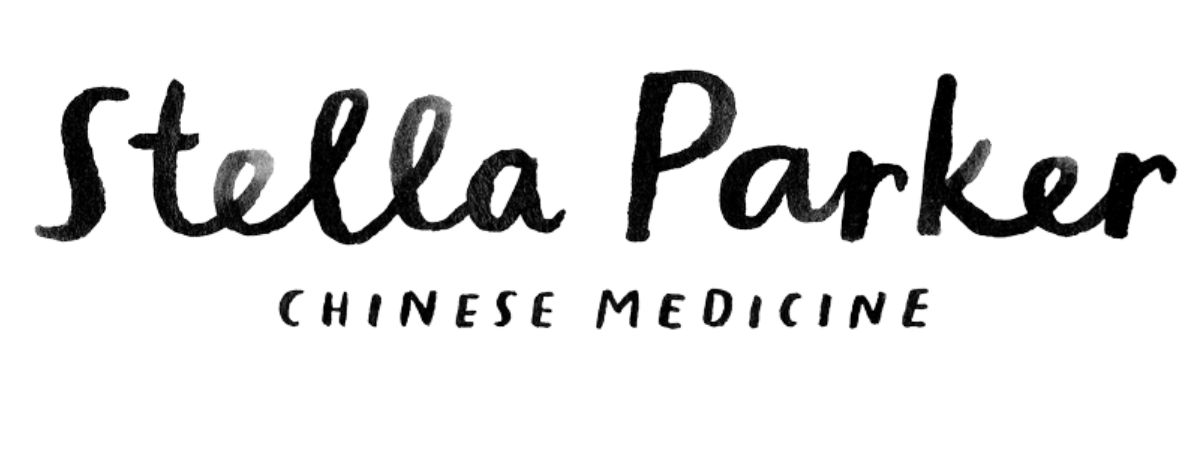Chinese Medicine calls menopause the second Spring, which is a much lighter term to how most of us feel about this life transition nowadays! However, it’s a beautiful concept that honestly, we should recommit to.
Perimenopause, on the other hand, can be a tricky one. See some ways below that acupuncture and Chinese Medicine (CM) may help. (Oh, and first things first - a reminder that perimenopause can often occur long before you’ve ever skipped a period!)
Can Chinese Medicine Help Perimenopause Symptoms?
Remember the 7 year cycles we talked about in an earlier blog post? From the age of 35, fertility passes its peak, and hormones begin to shift. A range of symptoms start to kick off, including hot flashes, night sweats, mood swings, irregular periods, and vaginal dryness. But for the average person, subtle changes such as periods coming a bit earlier or later, or being a touch heavier, combined with some mad brain fog and anxiety, might be your first inkling that perimenopause has arrived.
Perimenopause can start anywhere from your mid 30’s and goes right up until menopause (which is technically 12 months without a period) - so this could average 10 or so years. And while Western medicine typically addresses these symptoms with hormone replacement therapy (HRT) or menopausal hormone therapy (MHT), turning to CM for relief is also often very useful. And yes, it can be used alongside Western treatments safely!
Hot Flashes
Day or night, no matter what you’re doing or wearing, those hot flashes can come out of nowhere and be debilitating. According to CM, hot flashes are caused by a Yin deficiency, which is a cooling, moistening energy in the body. Alongside acupuncture (1), a CM practitioner may also recommend particular foods and herbs that nourish Yin, such as tofu and black beans, to restore balance.
Insomnia
Just like above, Yin deficiency can cause a host of other problems. Yin is our grounding, nourishing quality, so when we don’t have this grounding at night, we might experience another symptom of perimenopause - the dreaded insomnia. Treatment for insomnia from a CM perspective definitely takes a holistic approach, where we’ll look at the entire body and identifying the root cause of the problem. Research again shows that acupuncture can well help in this regard (2), but it’s important to remember that lifestyle changes can also play a huge part (things like regular exercise and stress reduction techniques).
Mood Swings + Anxiety
Ouch. Mood swings are unfortunately also a common symptom of perimenopause, and obviously can be really challenging to deal with. In CM terms, mood swings are caused by an imbalance of the Liver energy, which is responsible for the smooth flow of energy throughout the body. There’s some good research showing that acupuncture may really help with depressive symptoms (3) during this time, plus offer improvements in mood and quality of life (4).
Perimenopausal Brain Fog
Speaking of all things ‘mind’, NO, you’re not making things up… brain fog and cognitive function can definitely take a hit during the perimenopause years. And phew, because again acupuncture might offer some relief (5). In regards to improving cognitive function, including memory, attention, and processing speed, acupuncture shows promising results.
Finally…
I can list a million things to do, and a million reasons why, but honestly, we always just want to know we’re not alone, right? So one thing you might find super helpful during this time is getting connected... there’s some wonderful (and hilarious) social pages to follow - because sometimes you just need a good laugh! Check out some great Instagram accounts here and here. And some brilliant books as well!
In the meantime, how about some acupuncture for perimenopause? It looks positive!
Sources:
1. Chiu, H. Y., Pan, C. L., Shyu, Y. K., & Han, B. C. (2017). A meta-analysis of acupuncture to reduce menopausal symptoms in women with breast cancer. Journal of Alternative and Complementary Medicine, 23(5), 336-345. doi: 10.1089/acm.2016.0359S
2. Yeung, W. F., Chung, K. F., Ng, K. Y., Yu, Y. M., & Ziea, E. T. (2009). A randomized, controlled trial of acupuncture for the treatment of hot flashes in breast cancer patients. Journal of Pain and Symptom Management, 38(5), 731-741. doi: 10.1016/j.jpainsymman.2009.03.010
3. Chen, H. Y., Shi, Y., Ng, C. S., & Chan, S. M. (2017). A systematic review and meta-analysis of acupuncture for perimenopausal depression. Medicine, 96(49), e8929. doi: 10.1097/MD.0000000000008929
4. Avis, N. E., Legault, C., Coeytaux, R. R., Pian-Smith, M., & Shifren, J. L. (2018). A randomized, controlled pilot study of acupuncture treatment for menopausal hot flashes in breast cancer survivors. Integrative Cancer Therapies, 17(3), 603-612. doi: 10.1177/1534735417725829
5. Kim, K. H., Kang, K. W., Kim, D. I., & Kim, H. J. (2018). Effectiveness of acupuncture for the treatment of menopausal women's cognitive symptoms: A systematic review and meta-analysis. Climacteric, 21(5), 437-445. doi: 10.1080/13697137.2018.1491518

